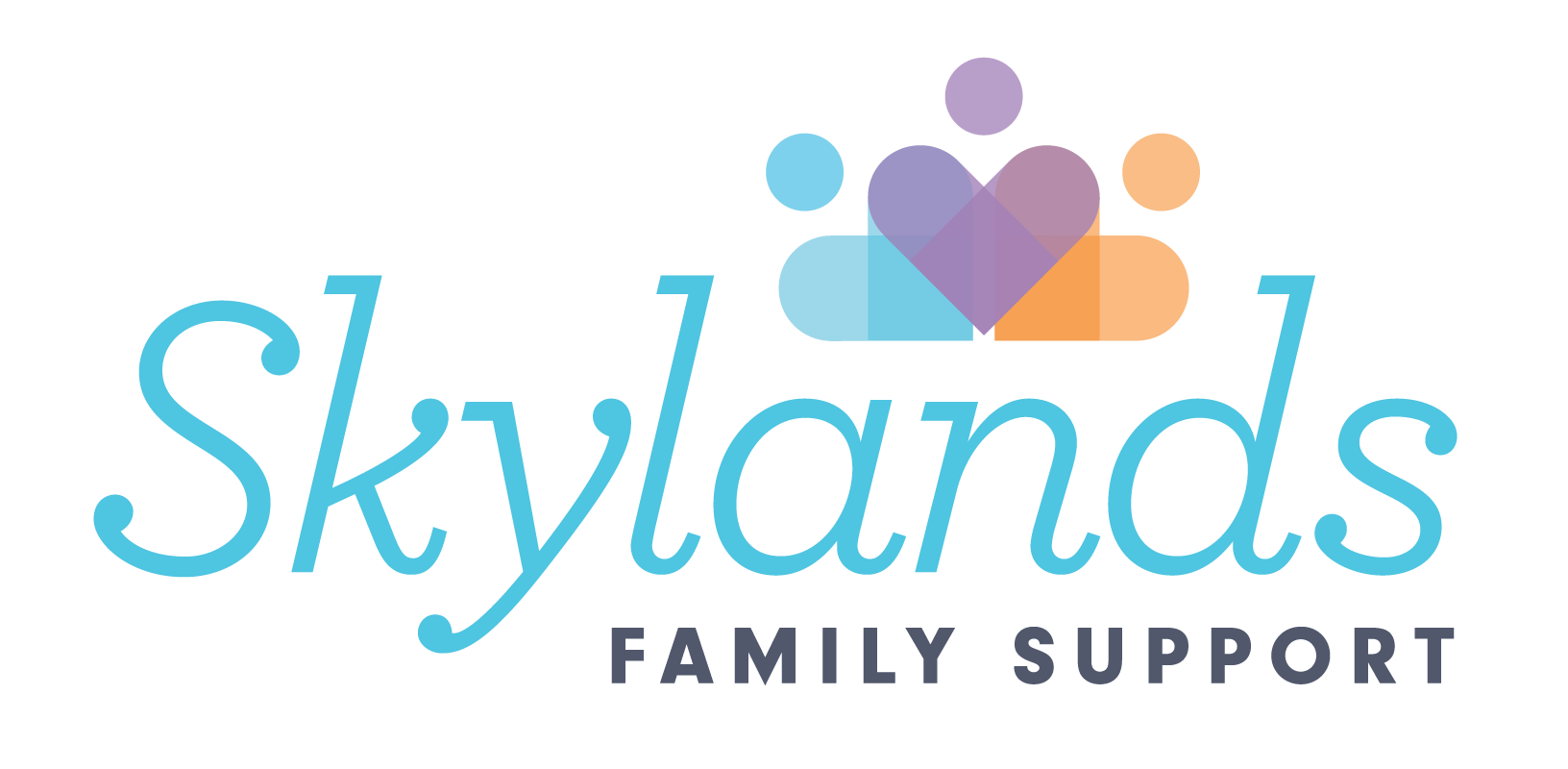Understanding the Americans with Disabilities Act (ADA)
The Americans with Disabilities Act (ADA) is a landmark piece of legislation that protects the rights of individuals with disabilities. Here’s a closer look at how the ADA impacts residents in New Jersey, what accessibility requirements entail, and how support coordination can help your family navigate its provisions.
Signed into law in 1990, the ADA ensures that people with disabilities have equal opportunities to participate fully in society. It sets standards for accessibility, prohibits discrimination, and promotes inclusion in areas like employment, education, public accommodations, and transportation.
For individuals with disabilities and their families, the ADA is more than just a legal framework—it’s a lifeline that supports independence and dignity. Navigating its protections, however, can feel overwhelming, especially when coupled with state-specific requirements and local accessibility considerations. Let’s go over the details behind the ADA and review how support coordination can clear up any confusion – and help you and your family navigate it.
NJ protections and requirements
New Jersey residents benefit not only from the federal protections outlined in the ADA but also from additional safeguards provided by state laws. The state enforces accessibility standards through local building codes and regulations, ensuring that public spaces are inclusive and accommodating. For instance, new construction projects must adhere to specific accessibility guidelines, such as providing wheelchair ramps, elevators, and accessible restrooms.
Additionally, public programs in New Jersey often extend beyond federal requirements. For example, NJ Transit offers a range of accessible services, from buses equipped with lifts to paratransit options for individuals with mobility challenges. Programs like these aim to remove barriers and promote equal access to essential services.
Understanding these state-specific protections can empower individuals and families to advocate for their rights. Whether it’s requesting reasonable accommodations at work or addressing an accessibility issue in a public space, knowing how federal and state laws work together is important for navigating challenges and ensuring inclusion.
READ MORE: Navigating State and Federal Resources for Down Syndrome Support
Accessibility in public and private spaces
The ADA ensures accessibility in both public and private spaces. Its requirements are designed to eliminate physical, communication, and systemic barriers, instilling inclusion in all areas of life. For example, buildings and facilities open to the public must comply with ADA standards for physical accessibility. This includes:
- Entrances and exits: Ramps, wide doorways, and automatic doors help individuals using wheelchairs or mobility aids to navigate spaces.
- Interior access: Elevators, accessible restrooms, and clear pathways aid ease of movement within facilities.
- Parking and transportation: Designated accessible parking spaces and public transit equipped with lifts and ramps provide essential mobility options.
The ADA also mandates that public communication methods remain accessible to individuals with vision, hearing, or speech disabilities. Examples include:
- Braille and large print materials
- Assistive listening devices and sign language interpreters
- Captioning for videos
What the ADA means for your loved one and family
The ADA is more than a set of regulations—it safeguards the rights and opportunities of individuals with disabilities. For families, it provides a foundation for advocating for inclusion and equal treatment in every aspect of life. Here’s how the ADA can directly impact you and your loved one:
Access to employment opportunities
The ADA prohibits discrimination in the workplace, ensuring that individuals with disabilities have the same rights to jobs as anyone else. Employers must provide reasonable accommodations, such as modified workstations, flexible schedules, or assistive technologies, to enable employees to perform their roles effectively.
Inclusive education
From primary schools to universities, educational institutions must create environments where students with disabilities can thrive. This includes providing accessible classrooms, learning materials, and additional supports like aides or tutors when necessary.
Empowering advocacy
The ADA equips families with the legal framework to advocate for their rights. Whether it’s requesting reasonable accommodation at school or addressing accessibility barriers in public spaces, understanding the ADA gives you the confidence and tools to seek equitable solutions.
By knowing your rights under the ADA, you and your family can work toward a more inclusive future, where disabilities don’t limit opportunities or independence.
ADA and support coordination
Support coordinators use their knowledge to ensure individuals with disabilities receive the support and resources they need to thrive. By understanding ADA protections related to employment, education, housing, and public accommodations, support coordinators work to secure the necessary accommodations and services that enable individuals to lead independent, fulfilling lives.
They also help families connect with service providers who meet ADA standards. Support coordinators ensure that individuals with disabilities have access to the same opportunities and resources as anyone else, promoting greater inclusion and independence. By aligning families with the right services, they help break down barriers, reduce obstacles, and ensure that people with disabilities can participate fully in all areas of life.
READ MORE: 5 Benefits of Support Coordination for New Jersey Families
Conclusion
The ADA provides critical protections for individuals with disabilities, ensuring they have the same rights and opportunities as everyone else. While understanding and utilizing those protections can be a challenge, your support coordinator can help you and your family gain clarity on ADA protections and access the services needed for your loved one to thrive.
Ensure that your loved one receives the care and support they deserve. Contact Skylands Family Support to get started.




